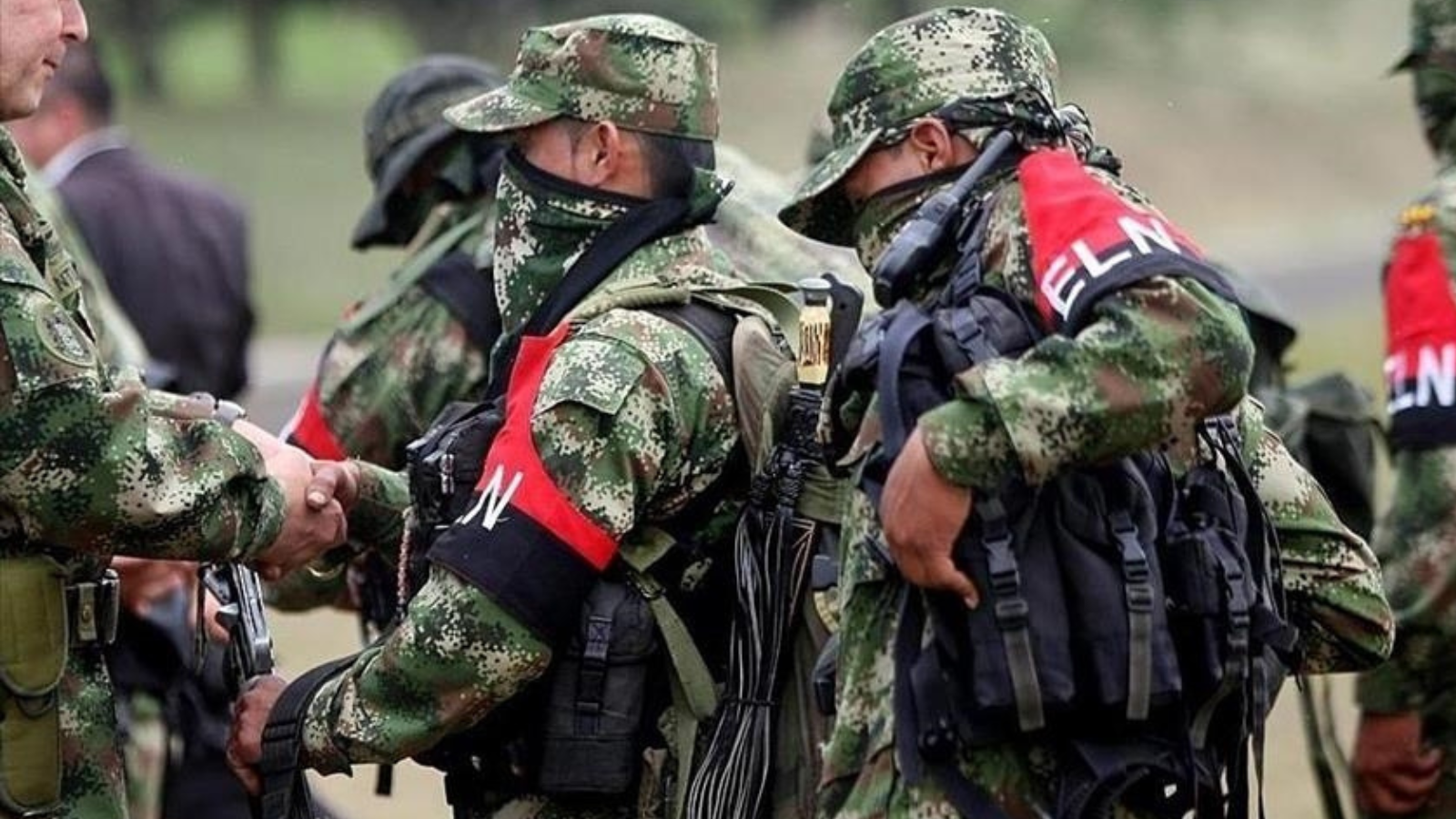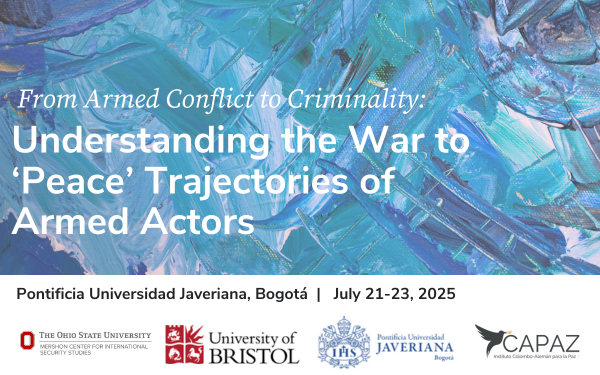From Violent Political Conflict to Criminality
War and its impact do not end with the final bullet or with the signing of a peace agreement: rather, both war continuity and its legacy remain evident across a wide spectrum of social, political, economic, and socio-cultural spheres. A significantly important aspect of the legacy and continuity of armed conflict, which is closely linked both to recidivism and the quality of post-accord peace, is the nexus between violent political conflict and criminality.
The shadow of war is cast long and states and societies often remain post-accord and peaceless. Under such conditions, conflict recidivism represents a major global security threat, given that approximately half of those conflicts settled through peace agreements collapse within five to ten years. When peace does hold, its quality remains poor, and life is frequently perilous, particularly for women and girls. Coexistence between former armed adversaries and their political and social constituencies remains brittle, while intergroup antagonism in the aftermath of violent conflict perdures, signifying that intergroup reconciliation is limited. However, little systematic research has been carried out into the trajectory of political actors and their structures in the aftermath of negotiated settlements from a comparative, empirically-led, qualitative perspective.
The Mershon Center for International Security Studies project From Violent Political Conflict to Criminality will fill this research gap by exploring two interconnected research questions:
- How and why do armed political groups/structures (and individual perpetrators) overlap with criminal networks before, during, and after conflict?
- Which factors shape how armed groups/structures and their individual (former) members mutate from internal armed conflict to criminality and organized crime?
Corollary research questions will compound the main research questions and guide our study, including:
- What role does the way a conflict comes to an end play? In short, how do factors such as DDR provisions and wider stipulations within peace agreements, weak state institutions, economic opportunity, geo-political and strategic location and transnational criminal networks play a role in shaping these trajectories?
- Does the inclusion / exclusion of specific armed actors have a bearing on violence to criminality trajectories?
- What lessons can be drawn from different case studies to inform more effective policies for post-conflict security and social cohesion?
The Principle Investigator for the project is Roddy Brett, PhD, Professor of Peace and Conflict Studies , Director of Global Insecurities Centre at the School of Sociology, Politics and International Studies (SPAIS), University of Bristol.




